Cashflow Management Mastery
Managing cashflow is a critical aspect of personal financial planning, particularly for Australian professionals and young families aiming to achieve financial freedom. With busy lifestyles, fluctuating expenditure, and shifting financial needs, it's not uncommon for young families to feel overwhelmed when juggling their finances. While earning a significant income is undoubtedly a fundamental component of financial stability, understanding how to manage and optimise your cashflow effectively is just as crucial.
In this blog, we will provide practical tips and strategies to help Australian professionals and young families to make the most of their earnings, improve their cashflow, and ultimately achieve a state of financial stability. We will delve into the importance of budgeting, managing expenses, reducing debt, and embracing smart saving habits, providing practical guidelines that families can incorporate in their daily lives.
With the right strategies in place, you can confidently navigate the twists and turns of life while safeguarding your family's financial future, feeling more in control of your money, and ultimately, enjoying a more fulfilling and prosperous life.
Mastering the Art of Budgeting
A well-constructed budget is the cornerstone of effective cashflow management. Here are a few tips for Australian professionals and young families to develop and manage a budget successfully:
Track your income and expenses: Begin by monitoring and categorising your income and expenses diligently, using budgeting tools or apps to automate the process and gain better insights.
Set goals and priorities: Set financial goals according to your family's needs and aspirations, allocating your funds accordingly.
Stick to your budget: Regularly review and adjust your spending patterns to ensure you are adhering to your budget. By consistently monitoring your budget, you'll be more likely to modify your behaviour and continue making financially responsible choices.
Review and adjust regularly: As your circumstances change, reassess your budget to keep it current, effective, and in line with your evolving financial needs.
Wise Expense Management
Effective expense management helps you stretch your earnings further, allowing you to invest more in your financial future. Here are a few strategies to reduce expenses without significantly impacting your lifestyle:
Identify areas to cut back: Evaluate your spending patterns and highlight frivolous or unnecessary expenses that can be cut or reduced.
Shop smarter: Compare prices, take advantage of sales or discounts, and consider purchasing generic or store-brand products to save money on everyday items.
Reduce debt: Focus on paying off high-interest debt as soon as possible to reduce the strain on your cashflow and save money on interest.
Avoid late fees and penalties: Stay on top of your bills, and avoid late fees and penalties by setting reminders or using technology to automate payments.
Smart Saving Habits
Growing your savings is an essential aspect of financial stability. Here are some tips to help you save money effectively:
Set achievable savings goals: Identify short-term and long-term savings goals, such as building an emergency fund, saving for a holiday, or investing in your future.
Pay yourself first: Consider setting aside a pre-determined percentage of your income towards your savings account or investment plan before allocating the rest to expenses.
Take advantage of high-interest savings accounts or term deposits: Research and utilise savings accounts or term deposits that offer competitive interest rates to grow your savings more rapidly.
Use windfalls wisely: Direct unexpected income, such as bonuses or tax refunds, towards paying off debt or boosting your savings, rather than indiscriminate spending.
Leveraging Wealth-Building Strategies
Boosting cashflow and achieving financial stability extends beyond budgeting, expense management, and saving. Developing and implementing wealth-building strategies can secure your family's financial future further. Here are a few suggestions:
Invest in a diverse portfolio: Consider diversifying your investments across assets such as shares, bonds, and property to spread risk and potentially increase your overall returns.
Utilise tax-effective investment strategies: Seek professional advice from Thriving Wealth's advisers to explore tax-efficient investment strategies tailored to your needs and financial goals.
Establish a regular investment plan: Start a regular investment plan to harness the power of compound interest, leveraging the long-term growth potential of your investments.
Tailor Your Cashflow Strategy for a Brighter Financial Future
Managing cashflow effectively is a vital aspect of personal financial planning for Australian professionals and young families. By mastering budgeting, reducing expenses, embracing smart saving habits, and leveraging wealth-building strategies, you can ensure the most efficient use of your earnings, enhance your family's financial health, and pave the way to a secure, prosperous future.
Thriving Wealth's expert Australian financial advisory service group is committed to helping you formulate and implement strategies tailored to your current circumstances and future aspirations. By gaining insights into your cashflow management, you can take control of your finances and work towards achieving tangible results with confidence.
With a thoughtful cashflow strategy in place, you can tackle life's financial challenges head-on, safeguard your family's financial future, and enjoy a richer, more fulfilling life.

